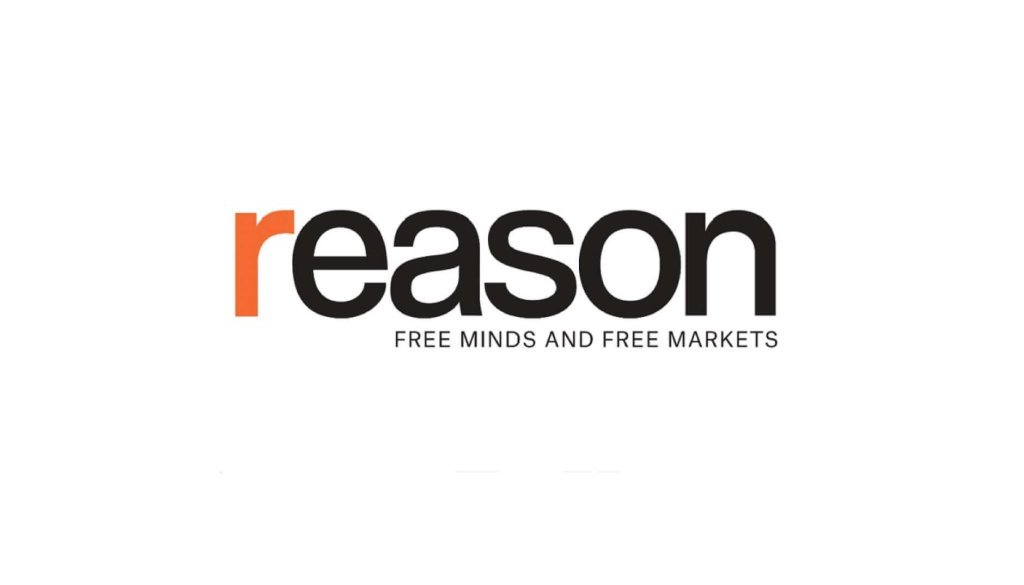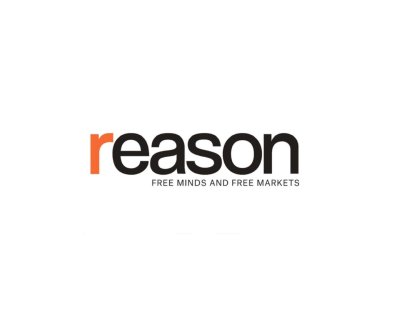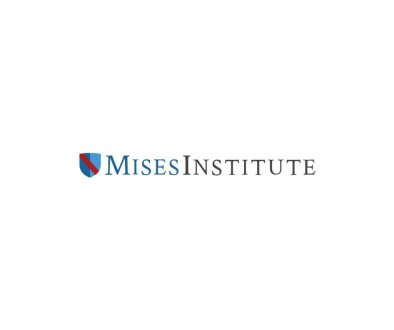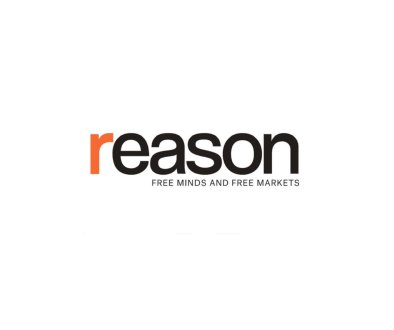A Test Suite for Proposals to Restrict “Doxing”
The term “doxing” is not well defined, but is often used broadly to refer to publicly disclosing a person’s name, photograph, address, phone number, employer name, and the like, in connection with some express or implied condemnation of the person. The concern is that such disclosure can instigate or facilitate violence or vandalism targeting the person, or the sending of threats, or the sending of insulting messages, or economic retaliation (often through the person’s employer). Different states have different rules dealing with such matters, and they generally define “doxing” differently, both as to what information is covered, who is protected against such disclosure, what (if any) specific purposes on the discloser’s part must be shown to lead to liability, and more.
In any case, in thinking about the subject (and especially the questions that aren’t limited to information such as social security numbers, bank account numbers, and the like), I came up with a set of hypotheticals that I hoped might be helpful. If any of you are interested in this, I’d love to hear your thoughts about which, if any, of these situations should lead to, say, criminal or civil liability (and, briefly, why). One can of course think that none should lead to liability—at least unless the allegations are false and therefore libelous, or are part of a criminal conspiracy involving the speaker, or involve some other factual feature not included in the hypothetical—or one can think that all should, or one can come to some conclusion in between.
Some doxing rules might not involve criminal or civil liability, and might not be subject to First Amendment restraints: For instance, a private university might restrict such speech by its students (especially about other students, staff, or faculty), or a social media platform might restrict such speech on the platform, or a newspaper might set up editorial policies about what kinds of material it publishes. But for purposes of this comment thread, I thought it would be good to focus on criminal or civil liability.
[1.] Dentist Who Shot Cecil the Lion: In 2015, Minnesota dentist Walter Palmer was publicly “named and shamed” through many people’s social media posts for killing Cecil, a famous Zimbabwe lion, on a hunting trip. This led to likely economic harm to his practice, and to his “receiv[ing] a slew of death threats on social media.” How the Internet Descended on the Man Who Killed Cecil the Lion, BBC, July 29, 2015. Assume the posts identified Palmer and the name of his dental practice.
[2.] Central Park Karen:
The white woman dubbed “Central Park Karen” when a video of her confrontation with a black birdwatcher went viral three years ago [i
Article from Reason.com

The Reason Magazine website is a go-to destination for libertarians seeking cogent analysis, investigative reporting, and thought-provoking commentary. Championing the principles of individual freedom, limited government, and free markets, the site offers a diverse range of articles, videos, and podcasts that challenge conventional wisdom and advocate for libertarian solutions. Whether you’re interested in politics, culture, or technology, Reason provides a unique lens that prioritizes liberty and rational discourse. It’s an essential resource for those who value critical thinking and nuanced debate in the pursuit of a freer society.




